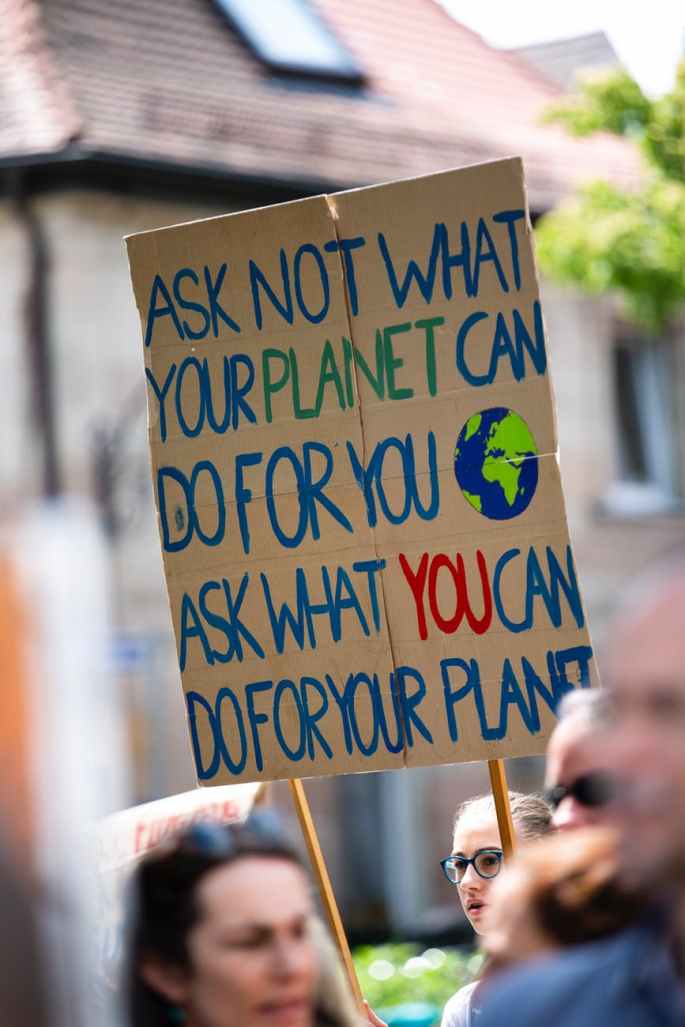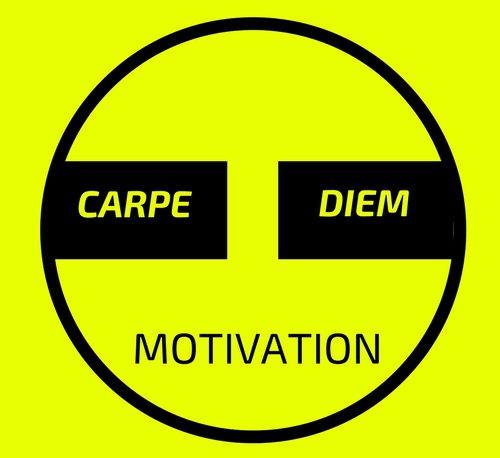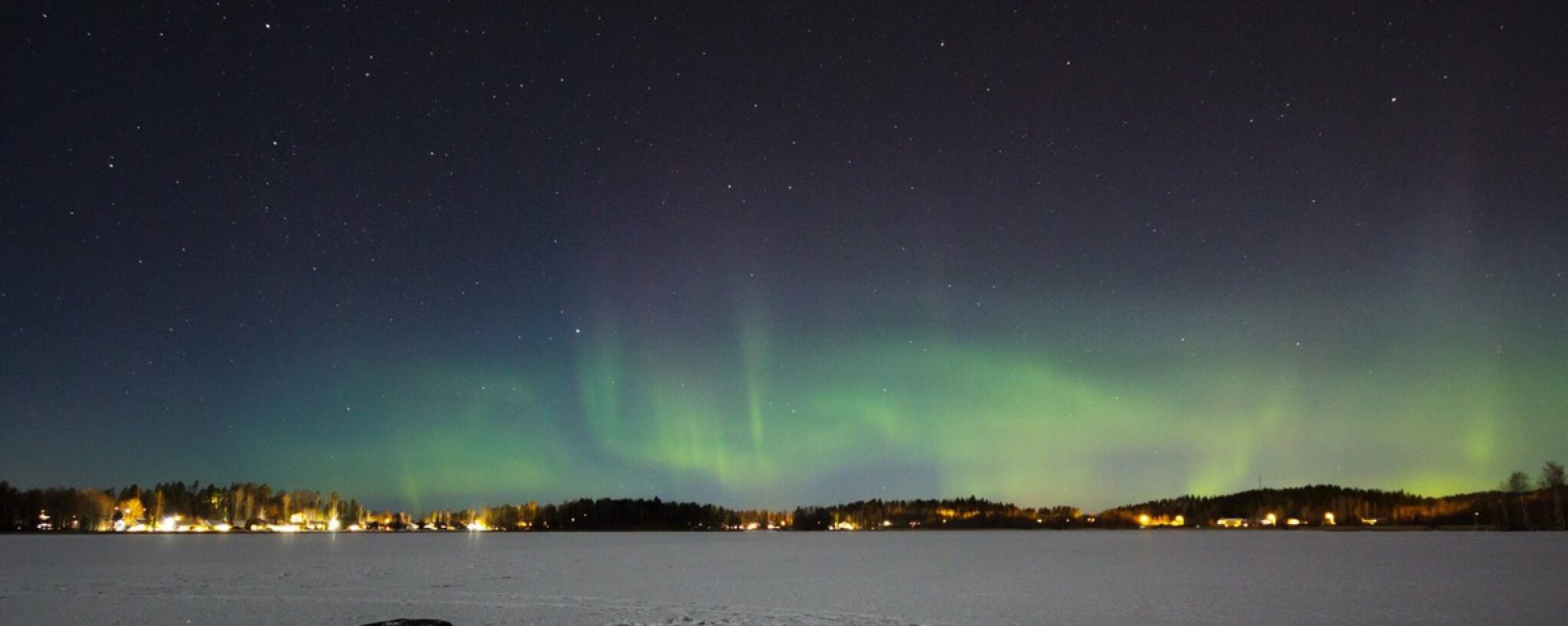“What you do makes a difference, and you have to decide what kind of difference you want to make.” Jane Goodall

Jane Goodall’s words are poignant, yet realistic. No matter how insignificant we may feel in the grand scheme of the planet and the universe, we all have the capability to make a difference. It is in our power to decide if that difference will impact the planet and the people around us positively or negatively.
The science is scary at the moment. The effect of carbon dioxide emissions to the atmosphere is becoming more apparent. Global warming is real and disaster is imminent. Even ill-informed world leaders can’t deny this.
We have all left a footprint on this planet. All of us are guilty of actions that have transformed our planet into its current deteriorated condition. Most of us didn’t do this consciously or purposefully. We probably didn’t know any better.
Our planet no longer has time for us to make these same excuses. Scientific research has provided us with a multitude of evidence that shows which actions are harmful to the environment. We have the choice to listen to this evidence and do our best to change, or we can choose to ignore it.
If we believe we can make a difference then we only need to focus on the three Cs of change: consciousness, consumption, and connectedness.
1.Consciousness: The Inner Foundation of Change
Without consciousness, we fail to grasp the understanding of what our minds are doing. Our minds are constantly bombarded with thoughts. Many of these thoughts are irrational, self-absorbed, and serving only the needs of the ego.
When we are unconscious we allow our egos to take control of the steering wheel. This can lead to quick and thoughtless decision-making, as well as a belief that “our” needs are more important than anyone else’s.
In the scope of our planet, including the other animals who inhabit it, this is a dangerous precedent. As a species, we have made many unconscious decisions that are coming back to haunt us.
Our task is to better understand ourselves and what we truly need, not what we want and desire. As awakened, aware, and conscious beings we can begin to ask what is best not only for us, the human species but also what is best for the planet.
When we take time to observe inwardly we begin to realize that we don’t need much to survive. We also notice a presence. This presence helps us appreciate what we have, rather than focus on what we want.
The ego will try to deter us. It will try to convince us that conscious change isn’t possible. Don’t believe it. Real change is possible, but it must first begin inside us. Once this happens, we can begin to change the outside world.
2.Consumption: The External Issue We Can All Change
My wife and I were recently talking about climate change. Our main topic of discussion focused on two facts: 1. we, as humans, are responsible for the expedited destruction of Mother Earth and 2. we, as humans, have the capacity to change.
The devastation of the planet is directly correlated to our consumption habits, therefore, what we choose to consume in the future will effect, either positively or negatively, the stability of the planet.
We won’t be able to change everything, but we can change something. While there are many consumption behaviors we can focus on, let’s focus on two of the biggest ways ordinary consumers can make a difference.
Change the amount of meat we eat
In his famous song, Changes, Tupac Shakur implores listeners in the last verse of the song, “We gotta make a change
It’s time for us as a people to start makin’ some changes.
Let’s change the way we eat, let’s change the way we live
And let’s change the way we treat each other.”
Three times per day (for most people) we have an enormous opportunity to make a choice which effects the health and vitality of the planet. Three times per day we can decide to support the environment or to support the big businesses that are harming the environment.
This is a sensitive issue for many people. We don’t want to be told we can’t do something, particularly in terms of our diets. But if we take time to learn about how our food is produced, perhaps we will being to understand the enormous footprint our food system has on the planet.
Animal agriculture, particularly factory farming, continues to have detrimental effects to the environment. The way we produce food, especially meat, has been scientifically proven to be one of the major contributors to the changing climate. The scariest scientific notion is if we continue our current food system, which primarily utilizes animals, we won’t be able to sustain the growing population and demand for food.
Something has to give. We must decide if our desire to eat meat is more worthwhile than the livelihood of the planet. It doesn’t mean that all meat-eaters will stop eating meat altogether, but perhaps they can begin to question where their food comes and how it was produced.
We are at a point where we must all realize that we have buying power. When we consistently purchase meat products, we are supporting the continued deterioration of the climate. There is a reason scientists are continually researching and reporting on the negative effects of animal agriculture. While purchasing plant-based products also has environmental impacts, these effects are minimal compared to its meat counterparts.
To become more aware on this topic we must dissect the need/want analysis. What do we need to consume to survive vs what we want to consume. We don’t need meat to survive. There was a time when our ancestors relied on meat but this is no longer than case.
Meat products aren’t going anywhere, at least for a while. The meat industry is big business and it is ingrained in our cultural makeup. It’s not realistic that meat will be eliminated from the human diet, but our species can choose to reduce how much we consumed. Becoming an informed and conscious consumer is a powerful way to change the world.
Change how we travel
Trains, planes, and automobiles. They all leave an indubitable mark on the planet. From the manner in which they are produced to the byproducts they emit into the atmosphere, they all damage the environment and leave calculable carbon footprints.
In the modern world vehicular travel is necessary for most people. We rely on cars, busses, and trains daily to transport to work. Many of us travel by plane or ship to work ventures outside of our surrounding area.
It is paradoxical then that the way we travel is one of the greatest detriments to the planet. If we know this then what can we do to change?
For most people, tourism, especially air travel, isn’t a need, rather a luxury. Unfortunately, tourism is responsible for much of the world’s carbon emissions.
We have the power to change how we travel and how much we travel. Instead of driving ourselves to work, perhaps we can join a carpool, take public transportation, or if we live close enough, walk or bike to the office. We can all make efforts to reduce how often we travel by vehicle, no matter how inconvenient it might be.
Many of us want to see the world, which requires air travel. Rather than abstaining from air travel altogether we can reduce how often we fly. If we normally fly two or three times per year, we can decrease this to once per year or once every other year.
By taking conscious steps to reduce how much we travel we are immensely decreasing our carbon footprint. This change might be difficult at first, but hopefully, the planetary benefit outweighs the inconvenience of travelling less.
Becoming conscious beings, limiting meat consumption, and reducing vehicular travel are three ways we can change the world. The planet doesn’t have time for us to ponder over what we must give up in the process. If we fail to make serious changes we won’t have a healthy planet to live in.
3. Connectedness: Change How We View The World
As important as these changes are, perhaps the most important change is connecting with others. Others doesn’t merely mean other humans. It includes all species and all members of our planetary family.
The more we connect with each other, the more we understand the interconnectedness of all beings on this planet. As humans, we rely on other species as much, if not more, than they rely on us.
We often fail to understand that many of the animals on the planet were here long before us. From this perspective, we should be very respectful to their ways of life. If we view all species with respect, we are less likely to damage the ecosystems they rely on for survival. If we have compassion for all biodiversity, we are less prone to viewing them as tools for our own benefit.
This social connectedness with other species begins with inner consciousness. When we find inner peace within ourselves, we then have the ability and intelligence to love the planet and all its members. Until that happens we won’t recognize how our consumption habits are destroying other members of our environmental tribe.


Great article Mike. I would like to add that with the advancements in technology such as Face Time, Skype, teleconferencing-businesses throughout the world could signficantly decrease their travel as well.
LikeLike
Great point.
LikeLike
Great article, Mike!
Love you, Sarah
Sent from my iPhone
>
LikeLike
Thanks Sis. Love you too.
LikeLike